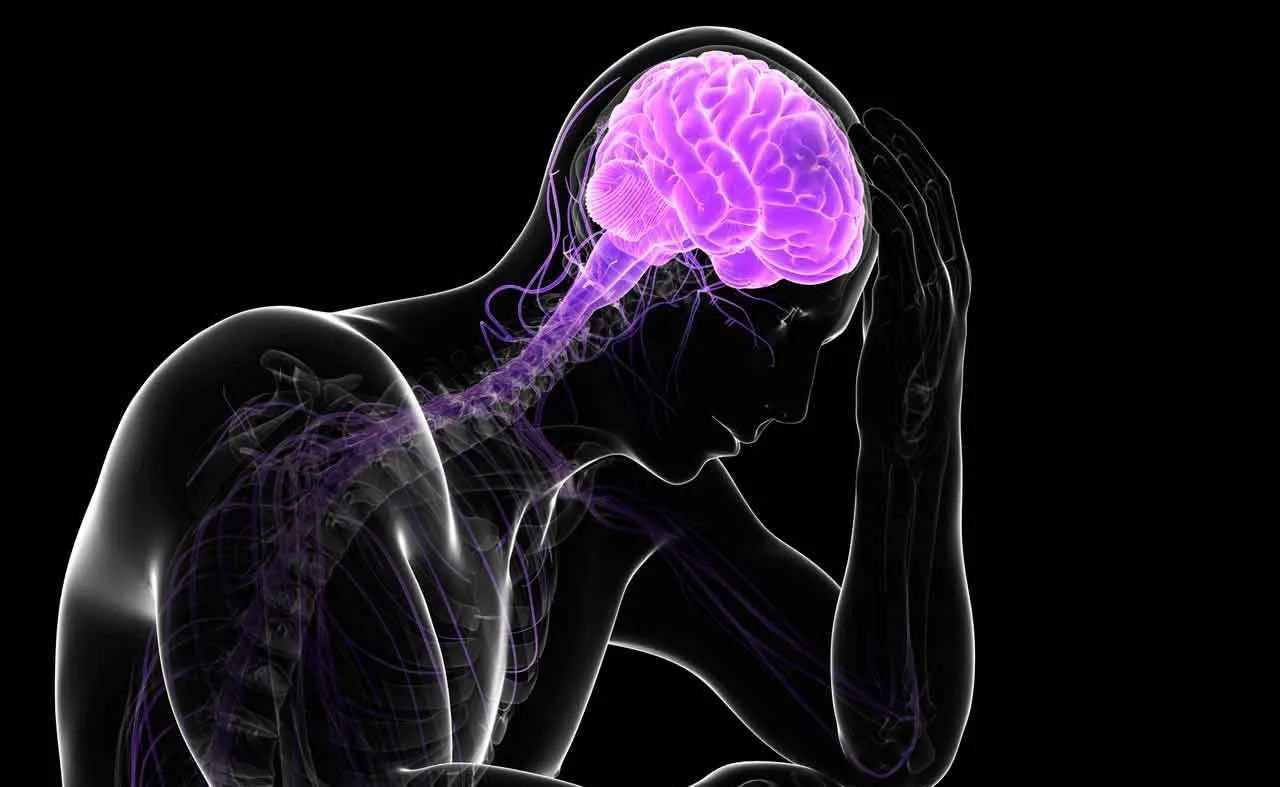Stress is a normal and necessary part of life. It helps us respond to challenges and motivates us to meet our goals. However, when stress becomes chronic or overwhelming, it can have negative effects on our physical and mental health. Chronic stress can lead to a host of health problems, including heart disease, diabetes, and depression.
So, it's important to find ways to reduce the effects of stress in our lives.
Pay attention to your body. Stress often manifests itself physically, so pay attention to your body for signs of stress. Common physical symptoms of stress include muscle tension, headaches, upset stomach, and difficulty sleeping.
Identify the sources of stress. It's important to identify the sources of stress in your life so that you can take steps to address them. These sources may be work, relationships, financial issues, or other responsibilities.
Practice relaxation techniques. There are many relaxation techniques that can help reduce stress, including deep breathing, meditation, and progressive muscle relaxation. These techniques can help you relax your body and mind, which can help reduce stress.
Exercise regularly. Regular physical activity can help reduce stress by releasing endorphins, which are chemicals that can improve your mood and reduce anxiety. Exercise can also help you sleep better, which can further reduce stress.
Eat a healthy diet. A healthy diet can help reduce stress by providing your body with the nutrients it needs to function properly. Eating a diet rich in fruits, vegetables, and whole grains can help improve your mood and reduce stress.
Get enough sleep. Lack of sleep can increase stress, so it's important to get enough sleep to help manage stress. Aim for 7-9 hours of sleep per night.
Learn to say no. It's important to set boundaries and learn to say no when you are feeling overwhelmed. It's okay to prioritize your own well-being and not take on more than you can handle.
Seek support. It's important to have a supportive network of friends and family to turn to when you are feeling stressed. Talk to someone you trust about your feelings and ask for their support.
Take breaks. Taking breaks from your responsibilities can help reduce stress. Set aside time for yourself to relax and recharge.
Seek professional help. If stress is overwhelming and interfering with your daily life, it may be helpful to seek the help of a mental health professional. A therapist or counselor can help you develop coping skills and strategies to better manage stress.
Reducing the effects of stress is important for maintaining physical and mental health. By paying attention to your body, identifying the sources of stress, and practicing relaxation techniques, you can take steps to reduce stress in your life. Remember to seek support when needed and take breaks to recharge. With some effort and self-care, you can better manage stress and live a healthier, more balanced life.

